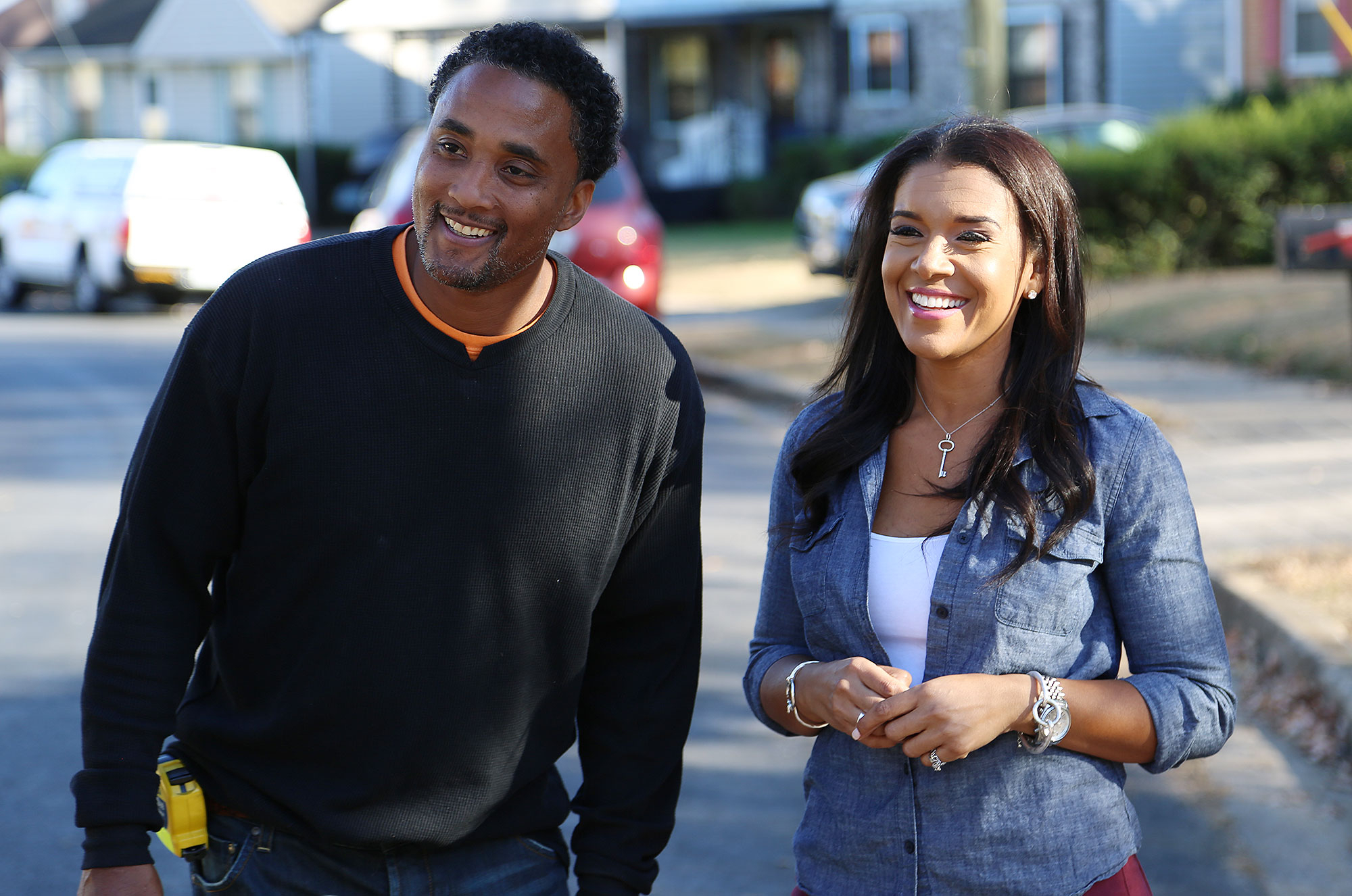Flip or Flop: Nashville premiered on HGTV on January 18. I would know, I was there. Rather, I was invited to a swanky premier party for it. In a Mercedes-Benz parking lot. The appetizers included hot chicken sliders.
House flipping shows are becoming a bit of a commodity as conversations about the damages of gentrification increase. People are asking questions. Who pays for these houses? How do they affect the neighborhoods? I try to stuff my cynicism when I have to go hob nob — and I was here for a friend that worked on the project, besides — but it got me to thinking about my humble big little city as a filming location.
The most notable project to take consideration of Nashville’s scenery was, of course, the twangy soap opera Nashville. That show spawned more local memes than ratings (allegedly), but it was an exciting time here. Typically when shows and movies film here, they remove the character of the town and strip it down to rustic scenery. Nashville presented an opportunity for the city itself to become a character. Its quirks, its mainstays, all the local extras. Seriously, we all have that show on our resumes.
Other notable movies that have filmed here include the indie thriller Stoker (also featuring official local Nicole Kidman) and the documentary It Might Get Loud featuring adopted son Jack White, along with rock luminaries Jimmy Page and The Edge. Everyone likes to point at a movie and say, “I know that place, I live there!” It’s exciting, right? As exciting as realizing my neighborhood or thereabouts was featured on a reality show in a good light for once. It shows my bumpkin background, but I felt downright Hollywood for all of thirty minutes. It felt so good to see my city associated with anything besides guitars and yodeling.
And that’s the thing. Positive, inclusive portrayals. Flip or Flop may seem inconsequential unless you’re a serious DIY-er, but like the ill-fated Nashville it’s a step in the right direction. Southerners are notoriously sensitive about outsiders’ perceptions of us and if you’ve seen more than one episode of The Beverly Hillbillies or heard a redneck stereotype joke then you might understand why. Being told you’re uneducated, holding the nation back, and other such blanket statements without understanding the diversity here or how oppression interconnects is quite damaging. Locally, being told that you live in a bad neighborhood that can only get better with an influx of white people, or watching your neighbors pushed out of their homes year after year by condos and cottages is quite damaging.
This house flipping show touched me because it portrayed this city as a good place to live. A good place to film. A good place to have a family. It was especially important to see black people representing us. They went out of their way to show this city as a bustling, growing hub. They went out of their way to get away from the popular and hip areas. The crew interacted with the residents around them. But it’s a double-edged sword. I so badly want positive representation of my country-city life, but I fear what these portrayals bring. The conflict ran a little deeper than I’m sure our gracious hosts intended. As I shook hands and took pictures with the show hosts and brushed against politicians, I wondered, is this it? Is this the Nashville I want to show, or do I want to show the slums? When can I do both?
The night ended with a technical malfunction that led to rampant dancing and chatter. Thirty minutes and I came away wondering about the future of this city. As more local and indie productions trickle in, for the future I’m anxious to see the stories told. Who is going to interact with this area and tell its history? How do we shape our identity? Because it’s disappearing fast and soon it will be relegated to old tales and misty memories. The best way to combat this is documentation. Movies, television, and documentaries capturing moments in time and asking for actual representation this time. And the sooner we get to it the better.

